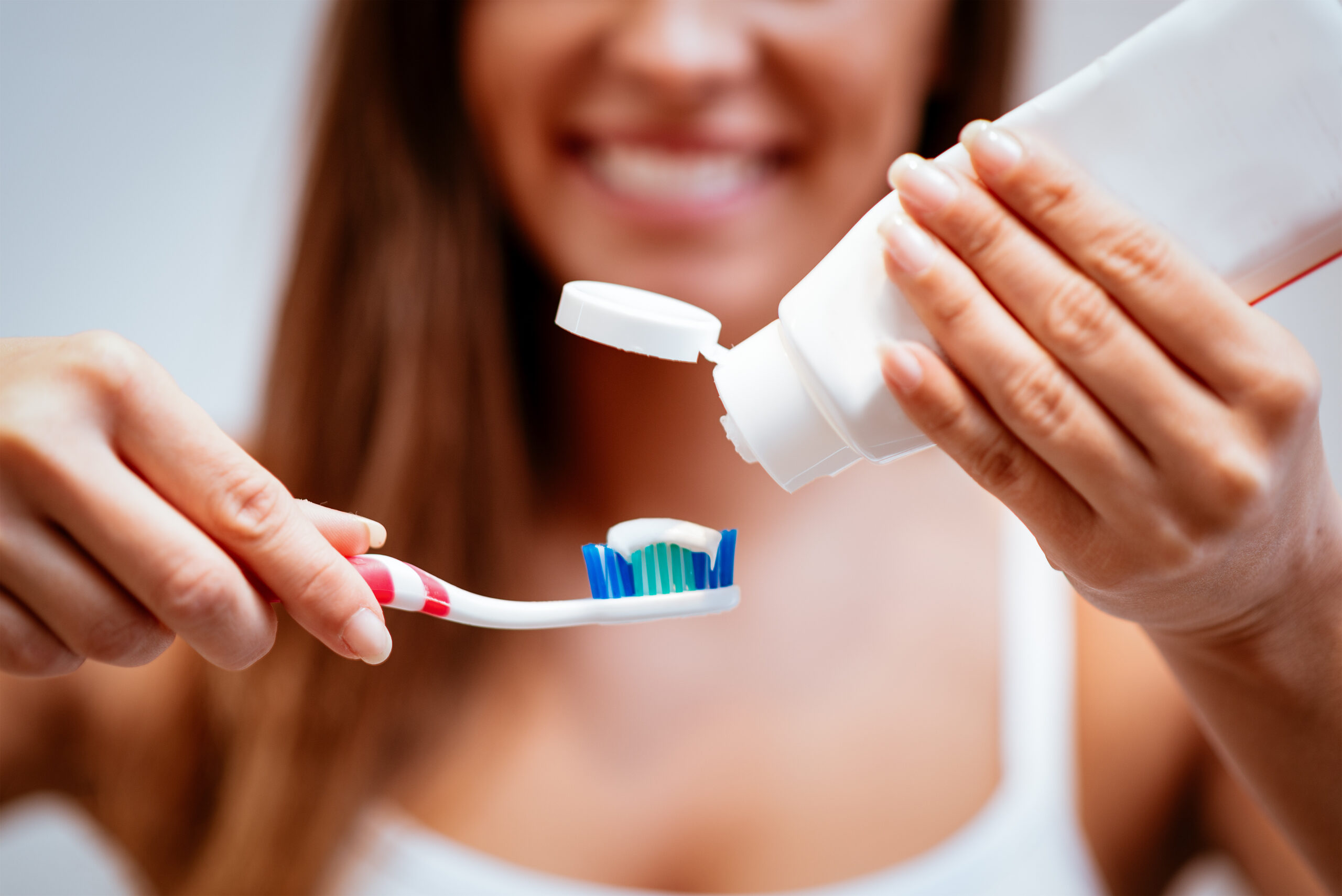Do you think you have brushed your teeth? Think again.
Dr. Arash Ravanbakhsh, the owner of the Inglewood Dental family in Calgary, Canada, has recently shared five common errors that people make while brushing their teeth.
Take Care: Ignoring your advice could cause a weakened enamel, damage to gums and even a bad breath.
Brushing after breakfast
It may seem natural to clean your teeth after the first meal of the day to wash the taste of the morning coffee.
However, Dr. Ravanbakhsh warns that acidic foods such as orange juice and toast can weaken enamel and erase -too soon could cause more damage.
“Dentists recommend brushing first in the morning before breakfast, as it eliminates the plate and bacteria from the mouth built during sleep,” he said. “Toothpaste also provides greater protection against acidic foods, while the method of brushing at the beginning of saliva production, helping food.”
If absolutely you cannot resist the desire to brush the post-stress, you recommend waiting at least 30-60 minutes to protect your enamel. Meanwhile? Use oral wash.
“Rinse the mouth with oral washing after eating also prevents food remains from sticking to teeth and avoiding the accumulation of bacteria,” he said.
Rinse after brushing
Can you also feel natural to rinse immediately after brushing your teeth, after all, you are there and how likely do you have to think again in your teeth before the night?
But Dr. Ravanbakhsh advises it, as it can make the toothpaste less effective.
“Once you have finished brushing,” your teeth should spit on any residual toothpaste, “he said. “When rinse your mouth with water immediately after brushing, wash the fluorine, which is to help prevent things like tooth decay.”
Once again, if necessary, it is advisable to wait at least 10-15 minutes before putting any liquid in the mouth to allow the fluoride to install and strengthen the enamel.
Brushing too strong
Rubbing his teeth as if you were trying to rub the bacon fat that he has been sitting in the pan for five days? Bad movement.
“Just because you are brushing the stronger teeth does not mean that you are giving them a more thorough cleaning,” he said. “In fact, this could damage your teeth and gums.”
Treat your teeth like your Le Creuset.
“To clean your teeth safely and correctly, use a manual brush with soft sows or an electric toothbrush,” he recommends.
If the sows are worn out, this is an indicative sign that you are brushing too strong, according to Ravanbakhsh. Or why not use a lighter touch?
“Another simple technique to soften the cleaning of the teeth is to simply hold the brush with only three fingers, thus helping to maintain pressure light compared to the use of the entire wrist,” he said.
Thinking about brushing is enough
Dentists do not remember -you floss, but they do it for a reason.
“You should filter once a day, with some studies that suggest that the thread before brushing could help eliminate more plaque,” said Dr. Ravanbakhsh. “In addition to giving you a cooler breathing and removing debris from your teeth, Flossing also plays an important role in the protection of the cavities.”
It also recommends doing some oral washing after meals to help clean food waste; Don’t forget to wait at least 10-15 minutes.
Brushing the wrong way
“You may think that your tooth brushing method is effective and it does not hurt, but you could lack vital spots. It is simply not recommended to go -your teeth with wide draws from left to right,” he said.
“Instead of focusing on teeth teeth, massageing each one in back and circular movements. Keeping the toothbrush at an angle of 45 degrees is also beneficial to help you reach all small corners and corners in your mouth.”
And don’t forget your language!
“Rushing the tongue at the end is essential to eliminating bacteria and improving breathing,” he said.
#brushing #wrong #teeth #errors #damage #decay #bad #breath
Image Source : nypost.com
